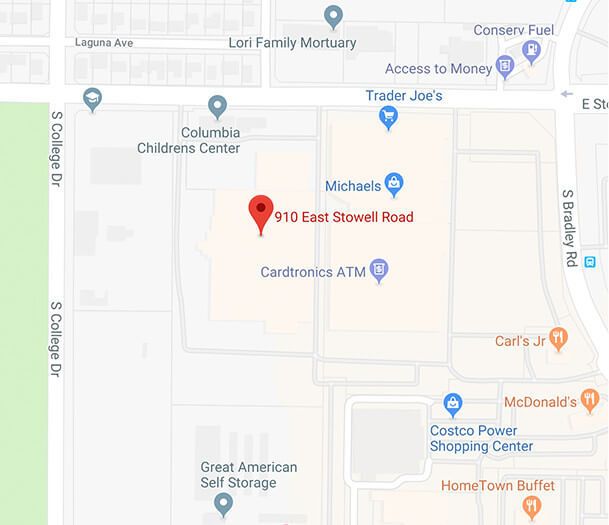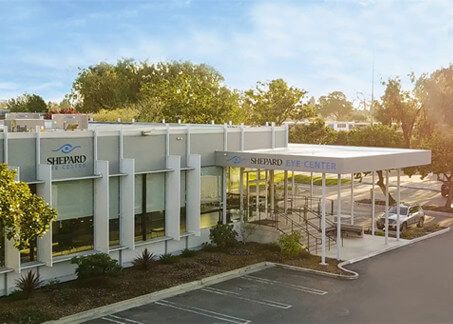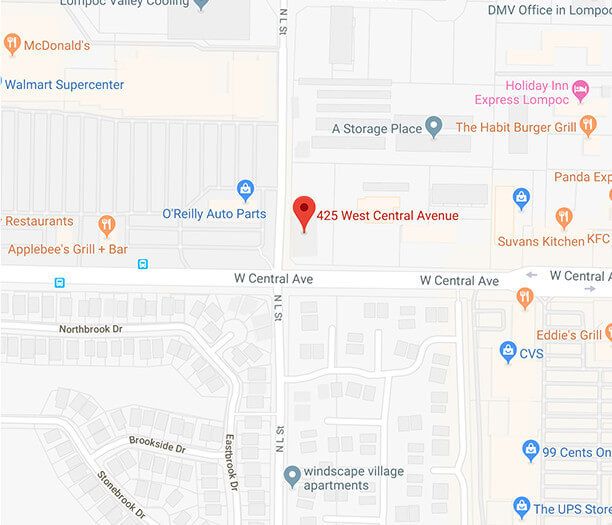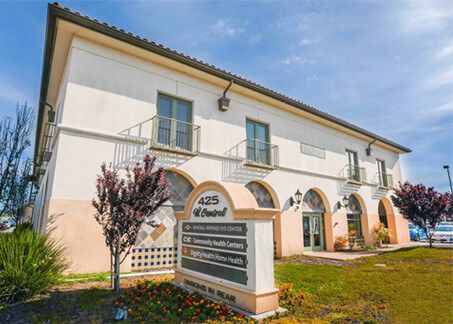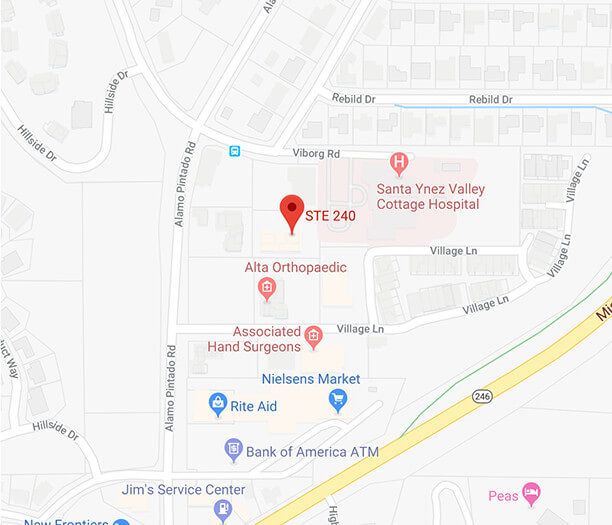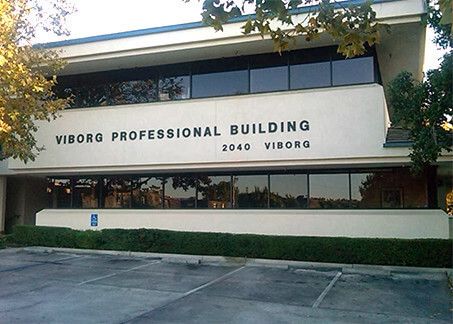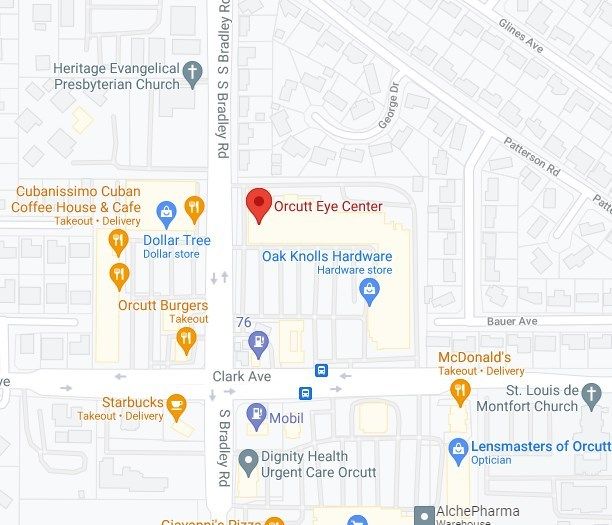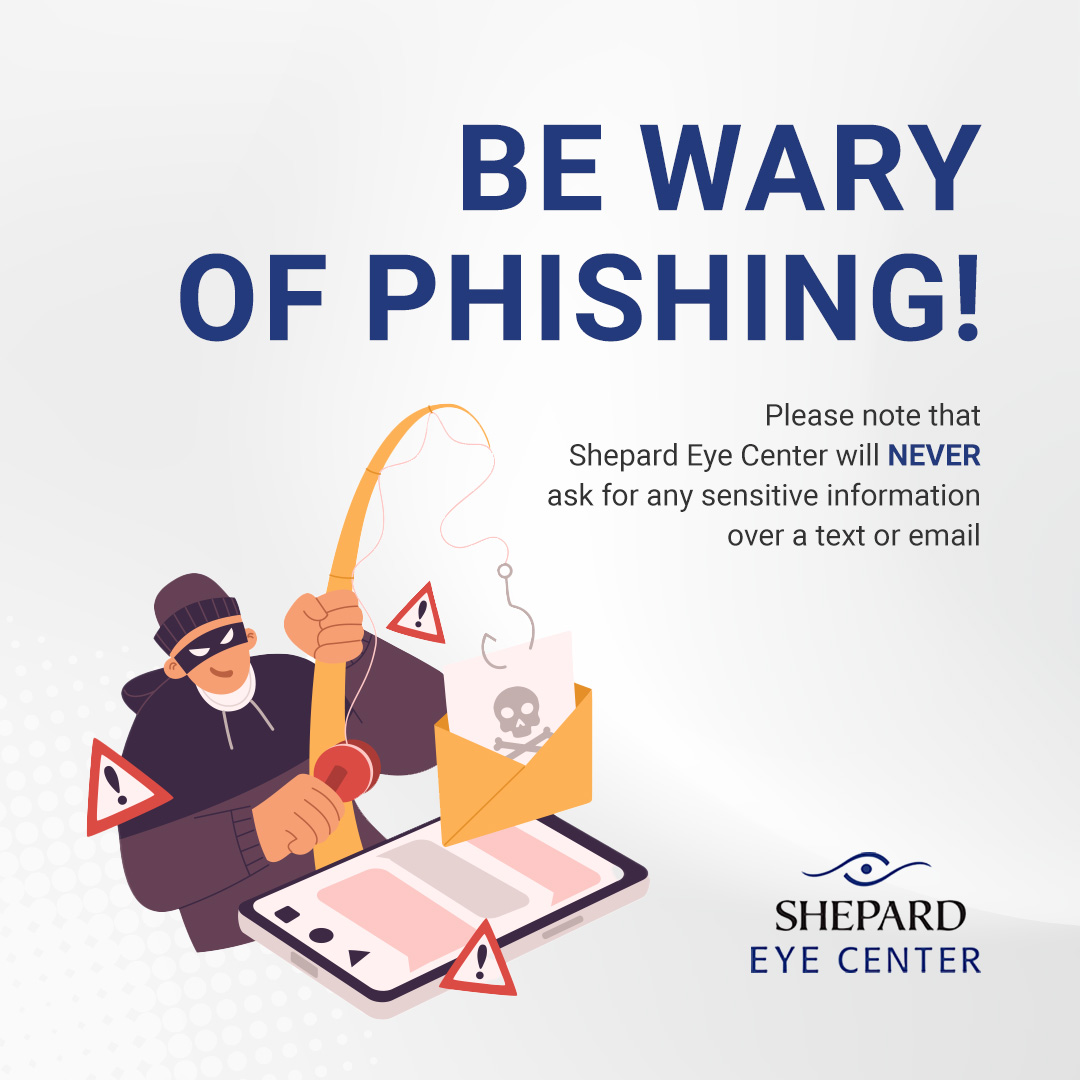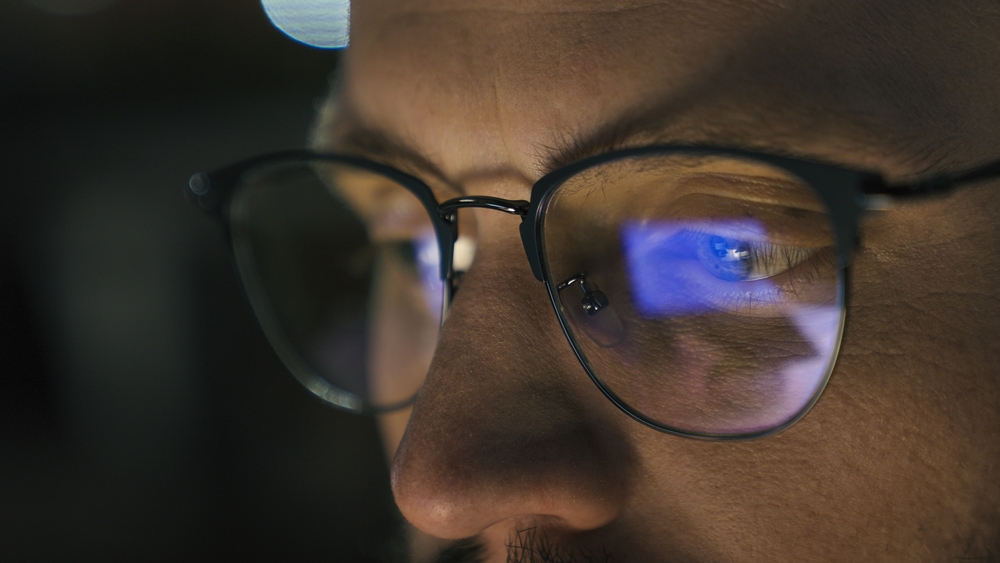
If you’re considering LASIK, you’re likely excited about the possibility of clearer vision without the daily reliance on glasses or contact lenses. But it’s natural to wonder, “Will I still need glasses after the procedure?” While LASIK can significantly reduce your dependence on corrective eyewear, there are a few important considerations that determine whether you’ll need glasses in certain situations down the road.
Understanding How LASIK Works
LASIK (Laser-Assisted In Situ Keratomileusis) is a popular refractive surgery that reshapes the cornea to correct nearsightedness (myopia), farsightedness (hyperopia), and astigmatism. By addressing these common vision issues, LASIK can significantly reduce or eliminate the need for corrective lenses for many patients.
In the months following LASIK, most patients experience 20/20 vision or better without needing glasses or contacts. For individuals under 40 with no other eye conditions, LASIK can offer years of glasses-free vision for everyday activities like driving, reading signs, or watching TV.
The Benefits of Advanced Technology
One of the key advantages of choosing LASIK is the availability of advanced technology like CustomLASIK, also known as wavefront-guided LASIK. This modern approach uses detailed, 3D mapping of your eye’s unique imperfections to create a highly personalized treatment plan.
CustomLASIK addresses even the tiniest irregularities in your visual system - leading to sharper vision, improved night vision, and reduced risk of glare or halos. By tailoring the procedure to your specific eye anatomy, CustomLASIK enhances both precision and outcomes, making it a preferred option for patients seeking the highest level of visual clarity.
The Role of Age and Presbyopia
Even after successful LASIK, many people will eventually need reading glasses as they age due to presbyopia; a natural, age-related change in the eye’s lens that affects near vision. Typically starting around age 40, presbyopia is unrelated to LASIK and impacts everyone, whether they've had refractive surgery or not. As the lens inside the eye gradually loses flexibility, it becomes harder to focus on close objects, leading to difficulty reading small print or seeing up close.
While LASIK corrects your distance vision by reshaping the cornea, it does not prevent or reverse the aging process of the eye’s internal lens. Your eye doctor can help determine the best solution based on your lifestyle and visual needs.
Ready to Explore Your Options?
LASIK can be life-changing, reducing or even eliminating the need for glasses or contacts for many years. However, it’s important to understand that aging and certain vision changes can still lead to occasional or future glasses use. The best way to determine your candidacy and expected results is through a comprehensive LASIK consultation.
Contact Shepard Eye Center to schedule your consultation to find out if LASIK is right for you. Visit our offices, Shepard Eye Center in Santa Maria, CA (805) 925-2637, and Kendall Shepard Eye Center in Lompoc, CA (805) 736-2020, to book an appointment today.









